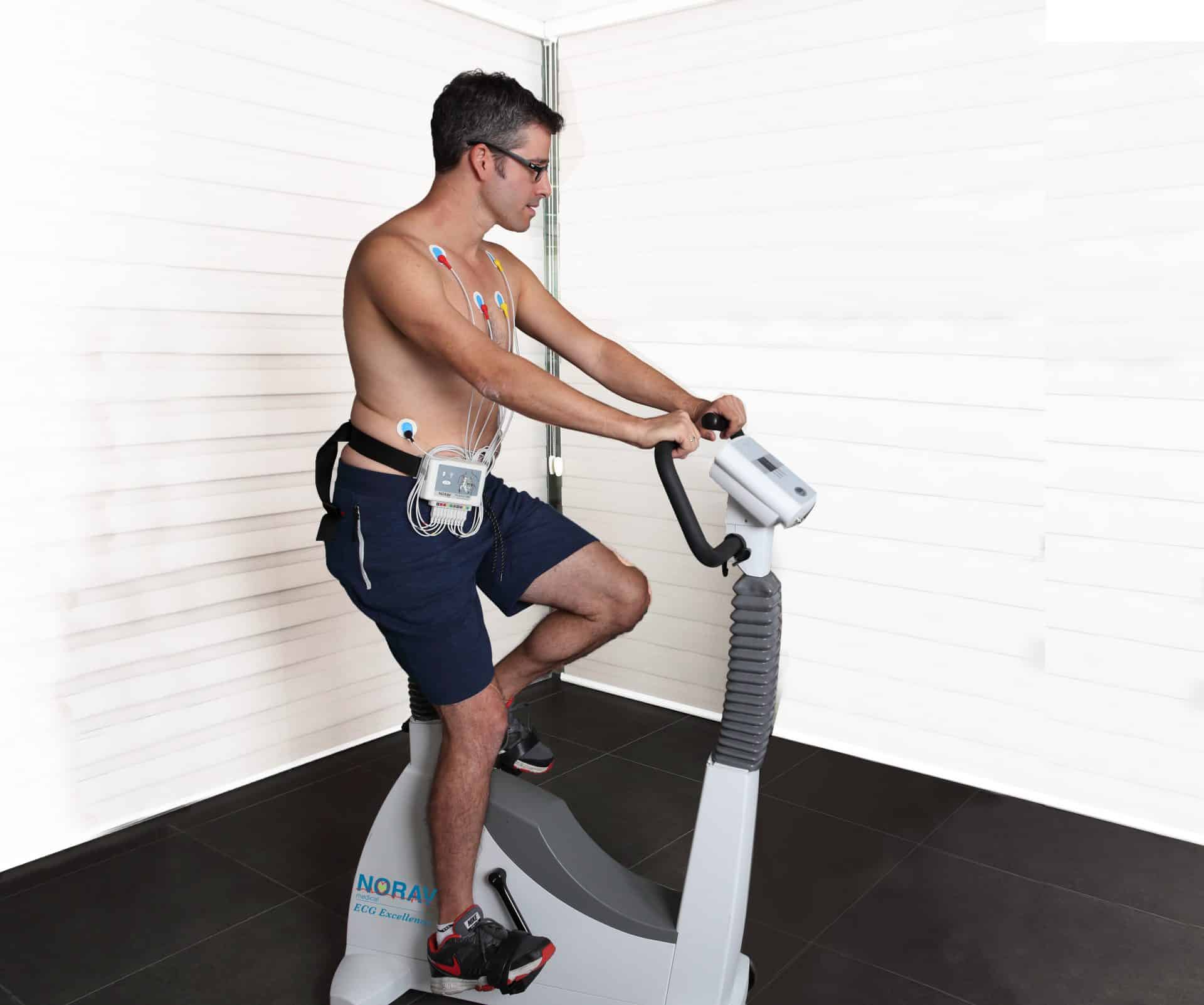Exploring 5 Different Types of ECG Machines: A Comprehensive Overview

Electrocardiography (ECG) machines are invaluable tools in cardiology, allowing healthcare professionals to assess the electrical activity of the heart and diagnose various cardiovascular conditions. Technological advancements have led to the development of different types of ECG machines, each designed for specific clinical needs. In this comprehensive overview, we will explore the various types of ECG machines commonly used in medical settings, highlighting their unique features, benefits, and applications. By the end of this article, you will have a thorough understanding of the different types of ECG machines and their significance in cardiac care.
1. Resting ECG Machines
Resting ECG machines, also known as standard ECG machines, are the most common type used in clinical settings. These machines record the electrical activity of the heart while the patient is at rest, providing a baseline assessment of heart health. Resting ECGs typically utilize a 12-lead configuration, capturing the heart’s electrical signals from different angles. They are widely available and serve as the foundation for initial cardiac assessments, helping identify arrhythmias, ischemic heart disease, conduction abnormalities, and other cardiac conditions.
2. Portable ECG Machines
Portable ECG machines offer the advantage of mobility, enabling ECG testing outside of traditional clinical environments. These compact devices are lightweight and battery-operated, making them suitable for remote patient monitoring, home care, and ambulatory settings. Portable ECG machines are particularly useful in situations where continuous monitoring is required, providing real-time data during daily activities or specific events. Some portable devices also feature wireless capabilities for seamless transmission of ECG data to healthcare providers.
3. Stress ECG Machines
Stress ECG machines, also known as exercise ECG or treadmill ECG machines, evaluate the heart’s response to physical exertion. These machines combine ECG monitoring with exercise, typically performed on a treadmill or stationary bicycle. Stress ECG tests help assess cardiac function, detect ischemic heart disease, evaluate exercise tolerance, and determine appropriate exercise regimens for individuals with heart conditions.
4. Holter Monitoring Systems
Holter monitoring systems are specialized devices used for continuous ECG monitoring over an extended period, typically 24 to 48 hours or longer. These systems consist of a portable ECG recorder and software for data analysis. Holter monitors are worn by patients during their daily activities, capturing the heart’s electrical signals throughout the monitoring period. They are particularly useful in diagnosing arrhythmias, evaluating treatment efficacy, and assessing the effectiveness of anti-arrhythmic medications.
5. Advanced ECG Machines
Advanced ECG machines encompass a wide range of specialized devices that offer additional features and capabilities beyond standard ECG recording. These machines incorporate technological advancements to enhance accuracy, efficiency, and diagnostic capabilities. They may include 12-lead ECG systems for detailed cardiac assessments, wireless ECG devices for remote data transmission, and computer-assisted interpretation algorithms to assist in analyzing ECG data.
Conclusion
The availability of different types of ECG machines has significantly advanced the field of cardiology, allowing for precise diagnostics, monitoring, and treatment planning. Resting ECG machines provide a baseline assessment, while portable devices enable remote monitoring. Stress ECG machines assess cardiac function under exertion, and Holter monitoring systems capture continuous ECG data. Advanced ECG machines
Norav offer enhanced features for detailed analysis and interpretation. By utilizing these various types of ECG machines, healthcare professionals can tailor their approach to individual patients, leading to better patient outcomes and improved cardiac care. The continuous evolution of technology in this field holds promise for further advancements in ECG machines, contributing to more accurate diagnoses, streamlined workflows, and enhanced patient care.